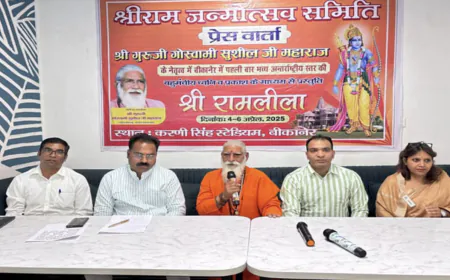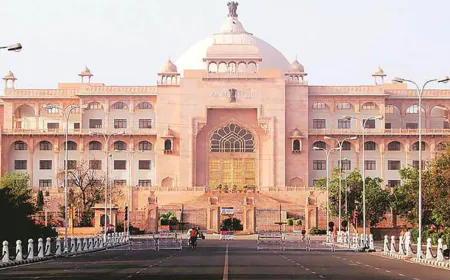Finance Ministry started the plan to file appeal against demand order, those paying GST will get benefits
The Finance Ministry has come up with an amnesty scheme for filing appeals against Goods and Services Tax (GST) demand orders. Till now the GST law allowed a taxpayer to file an appeal against an assessment order demanding tax within three months of the tax officer passing such demand order. This can be extended by one more month.

The Finance Ministry has come up with an amnesty scheme for filing appeals against Goods and Services Tax (GST) demand orders. According to the Central Board of Indirect Taxes and Customs, the scheme will remain open till January 31, 2024.
This will be made available to those entities who were unable to submit their appeals against orders issued by the tax authority on or before March 31, 2023. CBIC issued a notification regarding this scheme on Thursday. Come, let us know about the complete news.
Till now, the GST law allowed a taxpayer to file an appeal against an assessment order demanding tax within three months of the tax officer passing such a demand order. This can be extended by one more month. In its last meeting on October 7, the GST Council approved this amnesty scheme for filing appeals.
Institutions wishing to avail the benefit of the scheme will have to deposit 12.5 percent of the tax demand in advance, which is currently 10 percent. This step will facilitate a large number of taxpayers who could not file appeals within the time period specified earlier.
AMRG & Associates senior partner Rajat Mohan said the scheme will be a lifeline for those who may have missed the appeal deadline due to administrative errors or unexpected circumstances. These initiatives can also promote better compliance among taxpayers.
Offering a fair and liberal approach to filing appeals, it encourages better cooperation with tax authorities and a willingness to resolve disputes or clarify tax matters.
Mohan added, "Additionally, by allowing disputes to be resolved more efficiently, the scheme could reduce the burden on the legal system by streamlining the appeals process and potentially reducing the need for prolonged litigation." Both taxpayers and the tax administration benefit."
For Latest News update Subscribe to Sangri Today's Broadcast channels on Google News | Telegram | WhatsApp

















.jpeg)




























































































.jpeg)
















